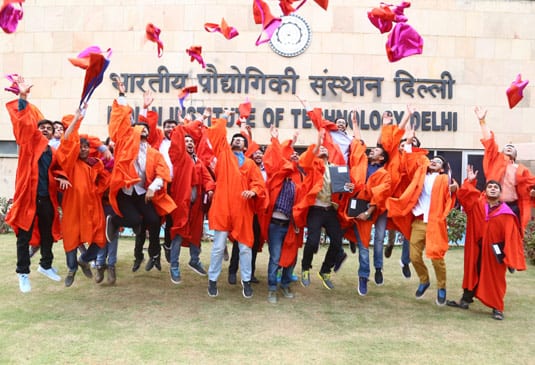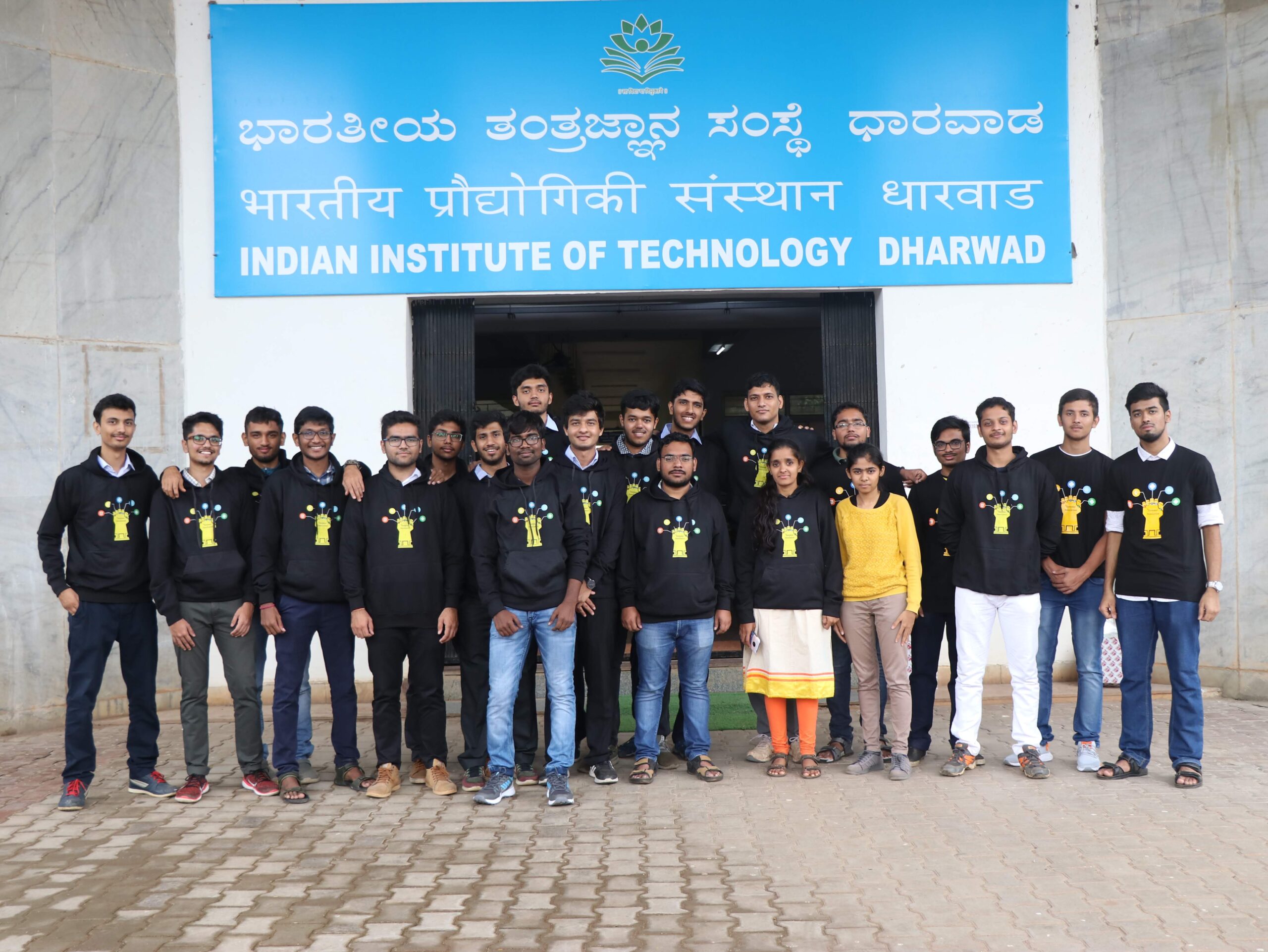In conversation with Sunil Dahiya, Executive Vice President, Wadhwani Opportunity at Wadhwani Foundation. Mr. Dahiya talks about the inter-relation and importance between employability skills, entrepreneurship, and the ever changing 21st century skill requirements.
Q: The COVID-19 pandemic is alternatively named ‘The Great Resignation Era’; how do you link this with passion and employability/entrepreneurship skills that come along with pursuing one’s dream as a career?
A: One of the key reasons for ‘The Great Resignation Era’ is the search for purpose and flexibility at work. During the pandemic, people got the opportunity to introspect and build a different perspective considering the fragility in life. A recent research from Net Impact, “What Workers Want”, highlighted that people are increasingly looking for more purpose at work. They are even ready to take salary cuts to join an employer, which resonates with their purpose. People are ready to leave their existing companies for greener fields with better opportunities. A high level of passion and strong employability/entrepreneurship skills builds confidence and courage in a person to take the bold step of leaving an existing company and joining a new company or becoming an entrepreneur. Once decided to move, 21st-century employability skills like digital literacy, innovation, adaptability, and problem-solving come in handy when trying out different things or building new products. Skills such as customer centricity, workplace awareness, and team-building help thrive in a job or sustain a new business.
Q: The digital skill deficit in senior managerial roles can hamper an organization’s business. What are your thoughts on this?
A: Currently, the world runs on the internet, and everything is getting digital. Remote working, video conferencing are the new normal. Senior management is more dependent more than ever upon digital tools and technology to achieve the organization’s goals and objectives. Major critical functions in an organization rely heavily on Information Technology, be it marketing, finance or human resource management. At a senior management level, quick & reliable decision-making makes a lot of difference. New-age technologies like AI & Data Science assist in taking precise and timely appropriate actions at a much faster rate. Acing digital tools makes a senior leader more productive, leading to greater efficiency, eventually creating more ROI for the organization. In addition, skills and updates on the latest digital technology help avoid cyberattacks, which is a common threat for senior management.
Q: Skilling and part-time learning platforms are buzzing in 2021 (by offering a stage for school and college dropouts to get back on track), and they are also providing opportunities for these students to find jobs in IT, hospitality, and industrial sectors. Do you think that this has the ability to collapse the employment opportunities available for students who have pursued professional degrees in the said sectors?
A: In 2021, most skilling and learning platforms provided short-term skilling courses and built an entry-level workforce. Very few support skill upgradation of higher level and help in the fulfilment of roles requiring higher skill sets. The candidates completing their short-term skilling courses join the bottom of the labour market pyramid and start their careers with a base salary level. In contrast, students enrolled in professional degrees are trained to take up roles with higher skill sets and usually don’t compete with students graduating with short term skill courses. Both professional degree and short-term skill certification candidates may join the same industry but at different salaries and profiles. Currently, the Indian employment market has adequate openings for accommodating both categories of students.
Q: The idea of 21st-century employability skills is an entirely different perspective till 2019 and post 2020. Though these majorly include digital skills, how can job seekers differentiate the expectations of corporates who are looking for the ‘post-pandemic 21st-century employability skills?
A: COVID has disrupted the labour market and accelerated the need to work remotely using e-commerce & digital tools. The need for 21st-century employability skills has drastically increased. Post pandemic, almost all jobs require digital skills; however, there are other critical skills also sought by employers. Adaptability, Resilience & Creativity are important sets of skills required for effectively performing any job. These abilities in an individual help one quickly adjust to any condition, whether known or unknown. Now it is even more important to have an open outlook and work well under pressure. Bouncing back after failure and starting afresh with an innovative mind builds self-efficacy and delivers great results for an organization. Post pandemic, having high emotional intelligence helps an individual to understand the emotions, behaviours of others and empathize with people when they are emotionally disturbed.








